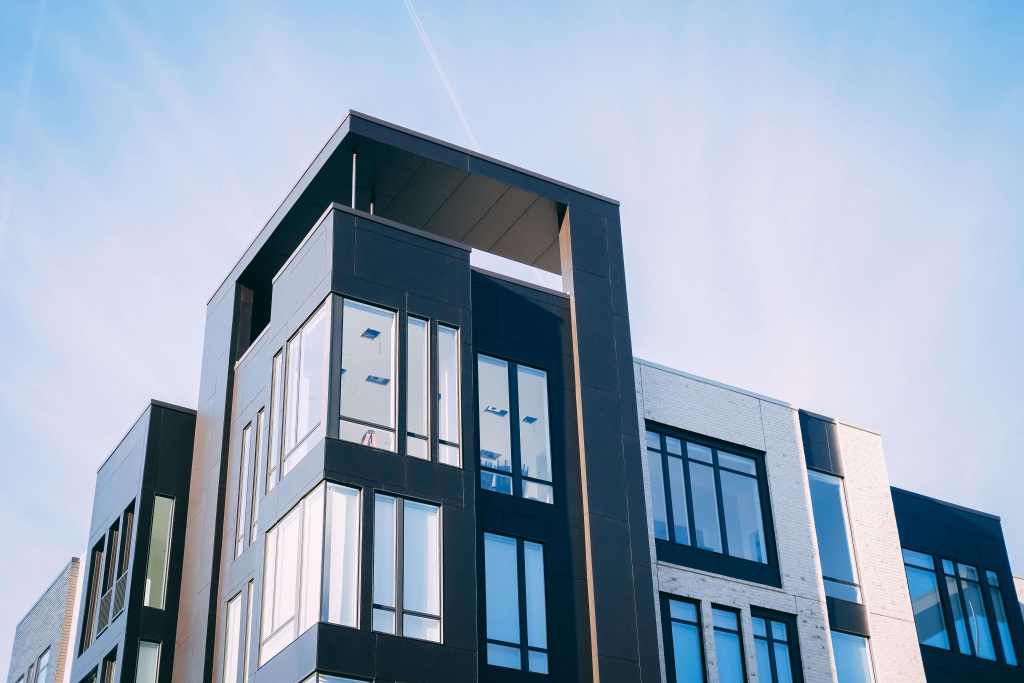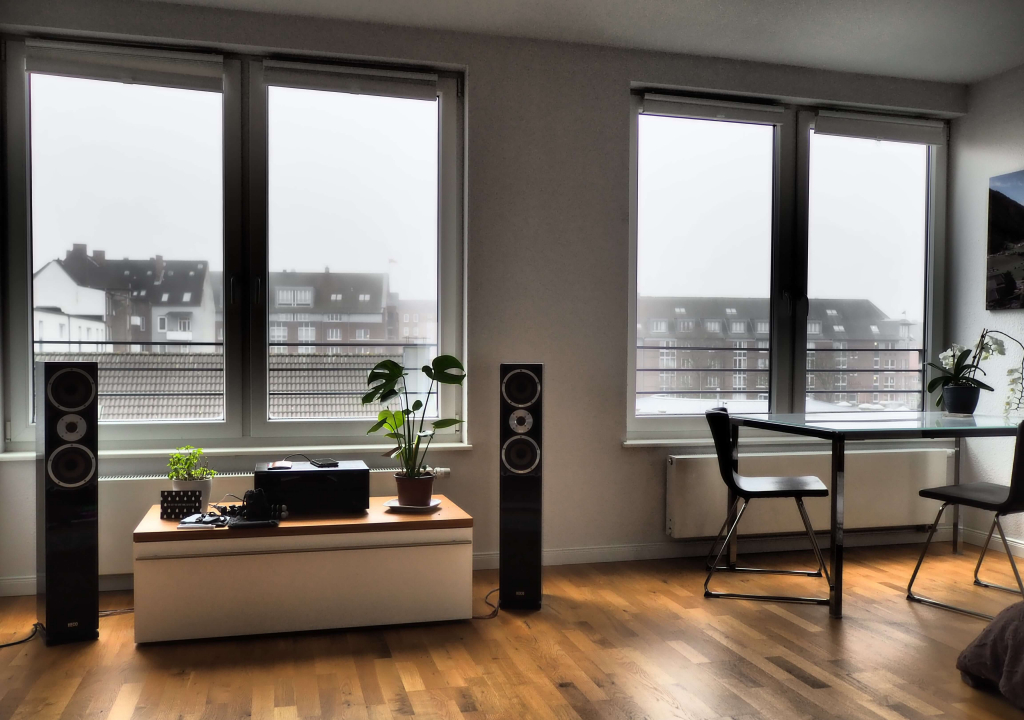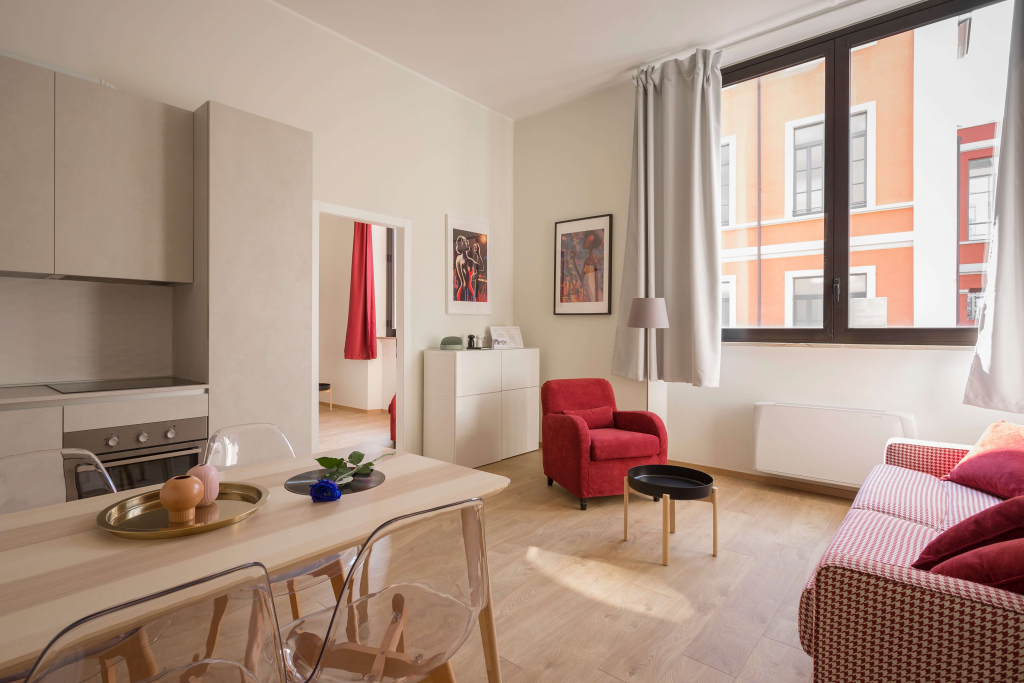Condos and apartments are two of the most common types of rental properties that a lot of landlords invest in. Tenants and even some landlords are sometimes unable to differentiate them from one another. However, the differences between the two have a valuable effect on the renting experience of a tenant.
As a landlord, property manager, or rental agent, knowing the difference between the two and the reasons why tenants prefer them would be very helpful for you to know the right approach to market them to your target audience. Before we dive into the factors that affect the decision of tenants when choosing between the two types of rental homes, let’s first provide a brief description of the two as discussed in a previous article.
What is a Condo?
A condo is a residential building that contains units that are owned by different owners. Each owner has the right to their own unit and is allowed to use the common areas such as swimming pools, lobbies, playgrounds, elevators, etc. In most cases, each owner has a right to rent their unit out to tenants.
A condominium is often managed by a homeowner’s association (HOA). They are in charge of maintaining the building and the common areas. Condo owners are charged with HOA fees which will be used for utilities and upkeep of the common areas.
As to the design of each unit’s interior, an owner can decide how it would look and what appliances and furniture it would contain.

What is an Apartment?
An apartment is a building with different rental units. It is owned by only one entity, who is considered as the landlord. No unit is owned by a separate entity. The operation of the building doesn’t depend on a HOA. The landlord has the ultimate say as to what to do and how to manage the property even if he will hire a property manager, which is often the case.
Design-wise, all units are usually designed the same way and it adheres to a design standard set by the owner. Furnished apartments also have uniform appliances and furniture.

What Tenants Think of Condos
One of the attractive aspects for tenants when considering renting condominiums is that it’s usually more high-end in terms of design and amenities. Since most condos were previously owner-occupied, there’s a high chance that the furniture and appliances inside are high-quality.
Since each unit is considered as an individual property, a tenant can negotiate unique terms and lease agreements with the owner, because it doesn’t need to be the same with another tenant.
If they won’t get along with their landlord but they like the location of the condominium so much, they can still rent a different unit in the building, which is owned by a different landlord.
Tenants who eventually want to own their own home also prefer renting condos because they can buy the unit in case the owner decides to sell.
What puts tenants off when renting condos is the HOA fees. Although the fixed amount would cover utilities and the maintenance of amenities and common areas, some tenants want to have more control over their monthly bills.
Problems within an individual unit is no longer the HOA’s responsibility, but the owner’s. In case there is a repair or issue within the rented unit, addressing it depends on the availability and willingness of the owner. Some owners might even let their tenants shoulder the cost for repair and maintenance. This often discourages renters.
Another drawback for tenants renting condos is that it’s more difficult to find one available for rent. So if a potential tenant needs to move in immediately, they might not consider looking for condos.

What Tenants Think of Apartments
Apartments are attractive to tenants because of the sense of community with other tenants because they share the same landlord, rent under the same terms and house rules (though separate lease agreements), and live in a more neighborly environment.
The absence of HOA fees is also a plus especially for those who are on a budget. The utility cost is not paid for by a HOA, so a tenant has an option for a more cost-saving home managing their use of resources.
Apartments are also often handled by a property management company that has on-call service providers, which is very convenient for tenants if they have repair and maintenance issues that need to be addressed as soon as possible.
It’s also not difficult to find apartments for rent since it’s very common in the rental housing industry, which is another plus for home hunters who wants to move in the soonest time possible.
Since apartments were built, designed, and furnished for the purpose of renting them out, the quality of design, furniture, and appliances might not be as high-end since furnishing multiple units is very expensive.

In conclusion, tenants have good reason in weighing the factors when deciding between renting condominiums or apartments. As a landlord, property manager, or rental agent, you must put these factors into account when marketing your properties.
So when you publish a listing on platforms like Padleads and you start talking to potential tenants, make sure that you highlight the strengths of the kind of property you have and convince potential tenants that they do not have to worry about possible drawbacks by reassuring them that it wouldn’t affect the quality of their rental experience.